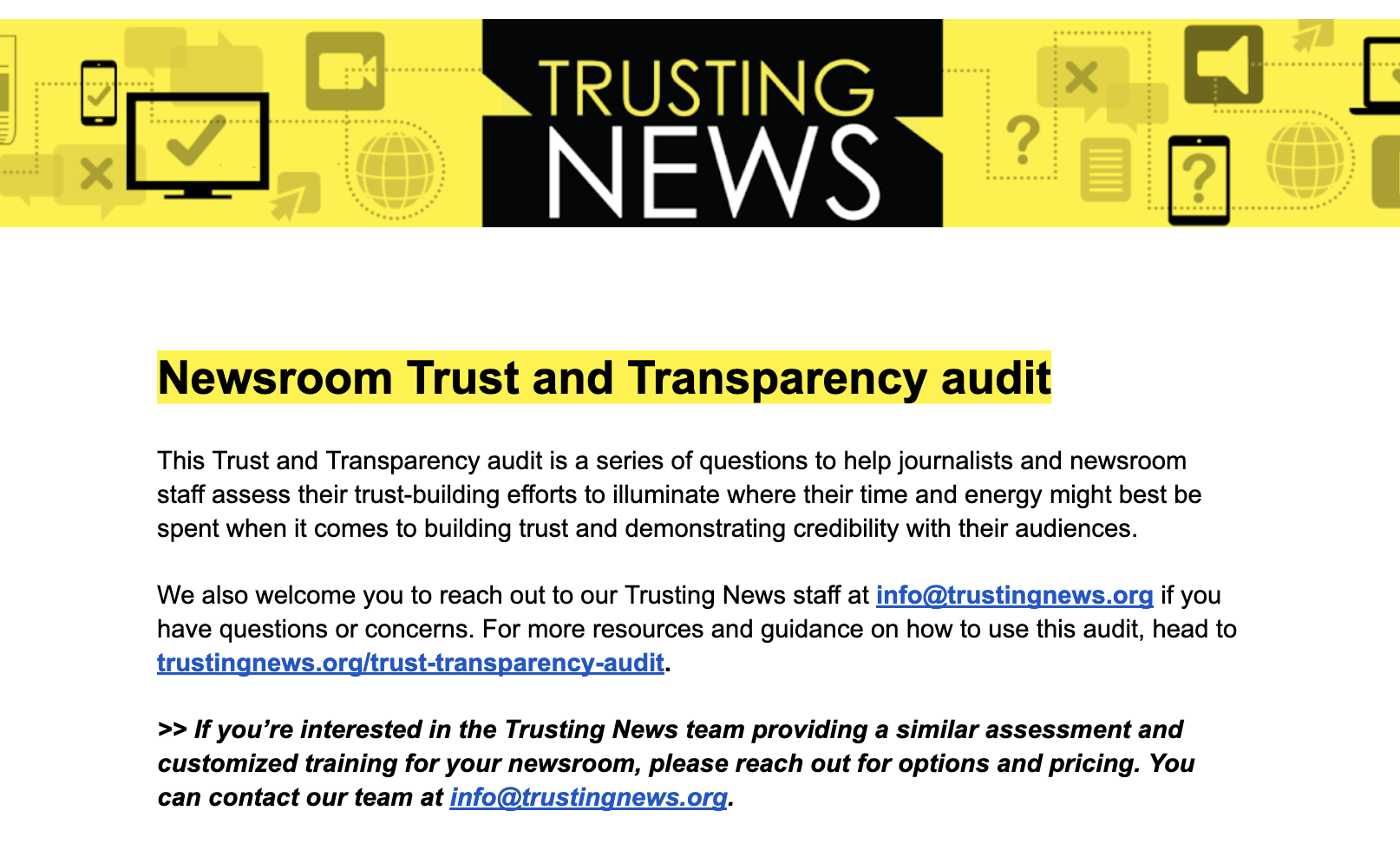 People like to create social triangles with others. Red lines represent friendly and cooperative relations between individuals, blue lines are negative or hostile links. We usually cope better with balanced relationships, i.e. when all three in the triangle get along with each other well (triangle 1), or when one person (i) that is on good terms with one (j) and on bad terms with another (k) observes that j and k dislike each other too (triangle 2). What we dislike is when two friends don't get along (triangle 3). Unbalanced social relationships are much rarer in societies than balanced ones. Credit: CSH Vienna
People like to create social triangles with others. Red lines represent friendly and cooperative relations between individuals, blue lines are negative or hostile links. We usually cope better with balanced relationships, i.e. when all three in the triangle get along with each other well (triangle 1), or when one person (i) that is on good terms with one (j) and on bad terms with another (k) observes that j and k dislike each other too (triangle 2). What we dislike is when two friends don't get along (triangle 3). Unbalanced social relationships are much rarer in societies than balanced ones. Credit: CSH Vienna
Nov. 18, 2020 (Phys.org) -- Scientists at the Complexity Science Hub Vienna (CSH) have shown that the accelerating fragmentation of society -- often referred to as filter bubbles -- is a direct consequence of the growing number of social contacts. According to their model, societies can only be either cohesive or fragmented. And just as water becomes ice or gas at a certain temperature, a society abruptly changes from one state to the other at certain tipping points.
"Equal to equal"
For their theory of social fragmentation, just published in the Journal of the Royal Society Interface, the researchers use two classical sociological concepts that have been empirically tested in hundreds of studies in recent decades. The first hypothesis is that of homophily. "People are happier when they do not disagree or argue with others," explains Tuan Pham (CSH & Medical University of Vienna), the first author of the study. "One can also say: Like will to like. In order to avoid stress, there is a tendency for opinions within a group to become more and more similar and aligned with each other," he adds.
The second concept is the social balance theory (SBT) of the Austrian psychologist Fritz Heider (1946). Put simply, it describes the fact that people are keen to ensure that their friends get along well with each other. "We like to construct social triangles," Stefan Thurner (CSH & Medical University of Vienna) points out. "What we like best is when all three in the triangle love each other. What we don't like is when two people with whom we are on good terms do not like or argue with each other. As a matter of fact, such states of imbalance occur much less frequently in societies."
(more)
READ MORE: Phys.org











